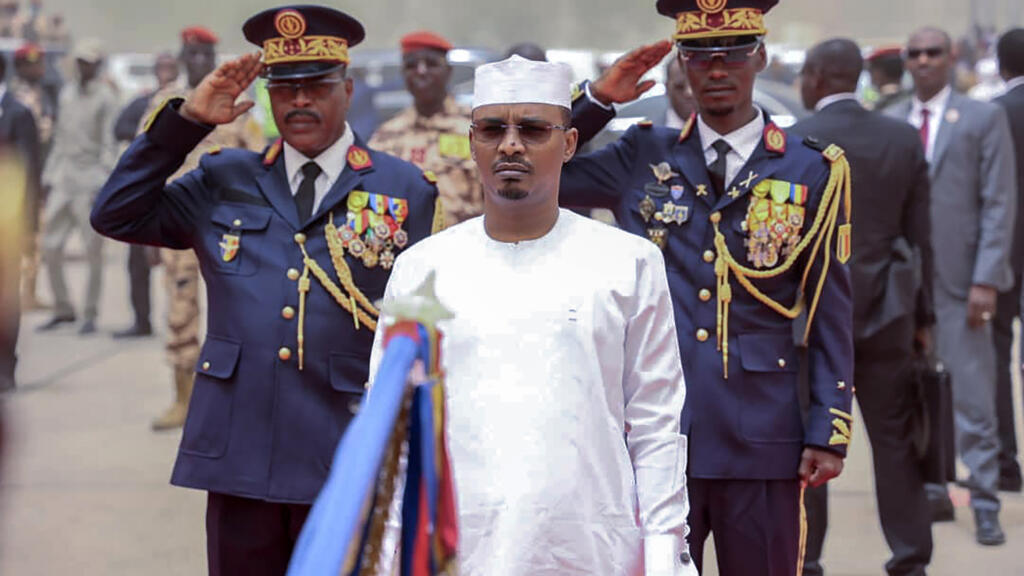
Chad is a step closer to allowing the president to serve an unlimited number of terms after the lower house of parliament signed off on major constitutional changes this week. Opposition figures told RFI that the move, which could help keep President Mahamat Idriss Déby in power, presents a fundamental threat to democracy.
Chad's revised constitution was overwhelmingly approved by the National Assembly on Monday and is due for a final vote by the Senate on 13 October. If it passes there too, then the president will sign the constitution into law.
Among other changes, the reform extends the president's term from five to seven years, renewable without limit.
Malloum Yoboïdé Djeraki, head of the opposition Social Democratic Party for a Change of Power (PDSA) and a member of the special parliamentary committee tasked with examining the proposed revisions, told RFI he was taken aback by the scope of the changes.
"They talked about a technical revision. But when we started work, we were surprised, because it wasn't a technical revision on the table but a profound modification of the Constitution," he said.
The MP was one of 16 who boycotted Monday's vote, which saw the reform passed by 171 out of 188 lawmakers. One other MP abstained.
Leading opposition figure Albert Pahimi Padacké, a former prime minister and presidential candidate, said Chad was "choosing to abandon the democratic path".
"The government seems to want to move too quickly," he told RFI's correspondent Nadia Ben Mahfoudh. "We risk seeing the burial of democracy in our country."
'Stronghold on power'
The reform favours President Déby, who seized power in Chad in 2021 after his father, long-serving President Idriss Déby Itno, was killed as he was visiting troops fighting militias in the north of the country.
He claimed victory following a disputed election held after three years of military rule in May 2024. Parliamentary elections followed in December, granting the vast majority of seats to the ruling party.
Remadji Hoinathy, a senior researcher at the Africa-focused Institute for Security Studies, told Reuters that the revised constitution was virtually certain to pass the final vote next month.
"There are fewer and fewer dissenting voices," he said. "This clearly opens the possibility for the president and ruling party to establish a long-term stronghold on power."
How Moscow is reinventing its influence machine across Africa
'Normal process'
A spokesperson for the president's ruling MPS party, Abdel Nasser Garboa, insisted that the reform was merely "technical".
"The politicians who say they are surprised, that's just their perspective," he told RFI, stating that the revisions had been reviewed by legal experts and a technical committee before being passed by lawmakers.
"I think this is a normal process," he said.
After last year's presidential election, opposition leader and then prime minister Succès Masra also claimed victory.
Previously one of the fiercest critics of the ruling authorities, he stepped down after the vote and was sentenced last month to 20 years in jail for inciting violence.







